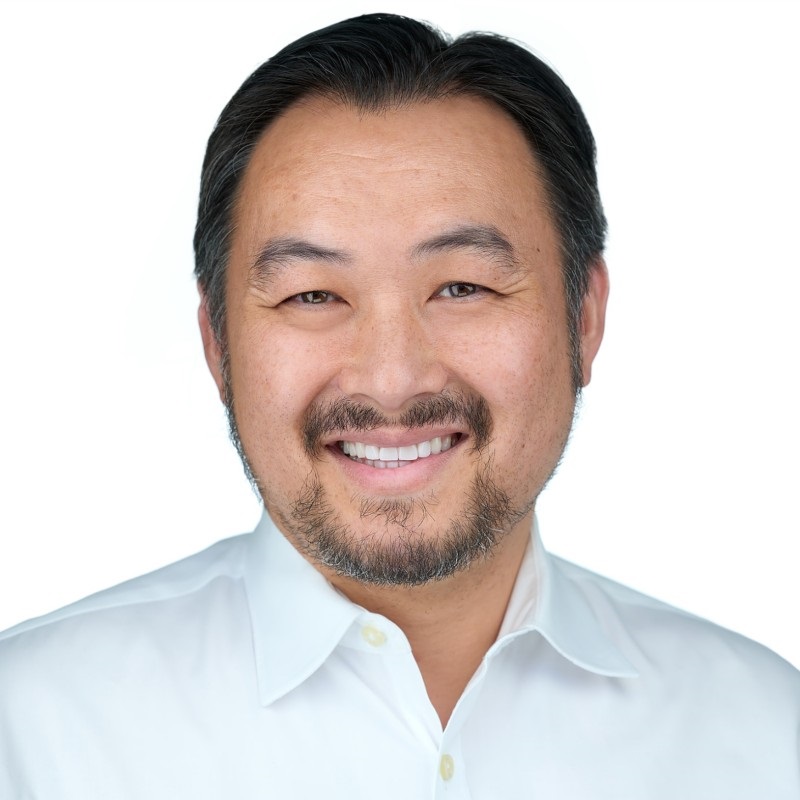Seed Capital
1Mby1M Virtual Accelerator Investor Forum: With Julien Pham, 3CC Third Culture Capital (Part 7)
Sramana Mitra: You must have seen in the media how we’ve advocated very, very seriously bootstrapped startups. As a forum, we have legitimized bootstrapped startups. So today bootstrap startups take a lot of pride. Ten years ago, the bootstrapped startups used to apologize for being bootstrapped startups. Today, they don’t.
>>>1Mby1M Virtual Accelerator Investor Forum: With Julien Pham, 3CC Third Culture Capital (Part 6)
Sramana Mitra: I’m asking a simpler question. Are these all B to B companies – businesses selling to hospitals or insurance companies or pharmaceutical companies?
Julien Pham: Oh, we do a little bit of everything. We have a few B to C, B to B, or B to B to C companies because end user oftentimes is the patient. If you remember, one of our important screening criteria of the quintuple aim is, how does it improve outcomes for patients? So we want to make sure that it somehow touches patients.
>>>1Mby1M Virtual Accelerator Investor Forum: With Julien Pham, 3CC Third Culture Capital (Part 5)
Sramana Mitra: So in that context, what companies have you invested in and what’s going on?
Julien Pham: Yeah. So for Fund One, we’ve invested in 15 companies so far. We’re probably going to invest in another two or three before we kind of wrap up the investment period for Fund One and start investing out of Fund Two. But out of the 15 companies we’ve invested in since 2021, 11 of them are squarely into digital health across different sectors or conditions like mental health and maternal health.
>>>1Mby1M Virtual Accelerator Investor Forum: With Julien Pham, 3CC Third Culture Capital (Part 4)
Sramana Mitra: Exactly, and the other thing on your empathy question, the fundamental issue around AI is that why is it even necessary for us to replace all healthcare with AI? It’s really powerful. Where AI is really capable and powerful is in diagnostics and non-siloed diagnostics.
>>>1Mby1M Virtual Accelerator Investor Forum: With Julien Pham, 3CC Third Culture Capital (Part 3)
Sramana Mitra: So let me comment on that. I would like to double click down on some of your companies, but on the broad level, I’m very bullish about education as well. I’m extremely bullish about healthcare, no question and AI in healthcare. But the trouble in education is that in the short to medium term, I think there is tremendous potential in education. Especially personalized tutoring is something I’m very, very excited and bullish about. Salman Khan is giving lots of talks about what he is doing with Khanmigo. I think personalized tutoring is an incredible opportunity.
>>>1Mby1M Virtual Accelerator Investor Forum: With Julien Pham, 3CC Third Culture Capital (Part 2)
Sramana Mitra: So, now let’s talk about healthcare, specifically in the US. What kinds of opportunities are you zeroing in on with these investments? I would like to actually brainstorm a bit about the healthcare market in general, because as I’m sure you believe, I also believe that healthcare is one of the biggest opportunities of this next wave of technology – all the AI and everything. Every time you think about it, healthcare is one of the great unsolved problem that AI can really revolutionize.
>>>1Mby1M Virtual Accelerator Investor Forum: With Julien Pham, 3CC Third Culture Capital (Part 1)

Julien Pham, Founder GP at 3CC | Third Culture Capital, talks about the firm’s focus on HealthTech. Julien is a physician by training. Excellent discussion!
Sramana Mitra: It’s my pleasure to welcome back Julien Pham from 3CC, Third Culture Capital for a catch up conversation. Juliane, welcome back.
>>>The Startup Velocity Question: Is it the Product?

Product and Technology are not the same.
While technology failures are difficult to recover from, product issues can be addressed.
Often, once a startup starts to engage with the market, it develops a more sophisticated understanding of the market’s needs. Features, functions, integrations, APIs – a lot of input comes into the company through customer immersion.
>>>